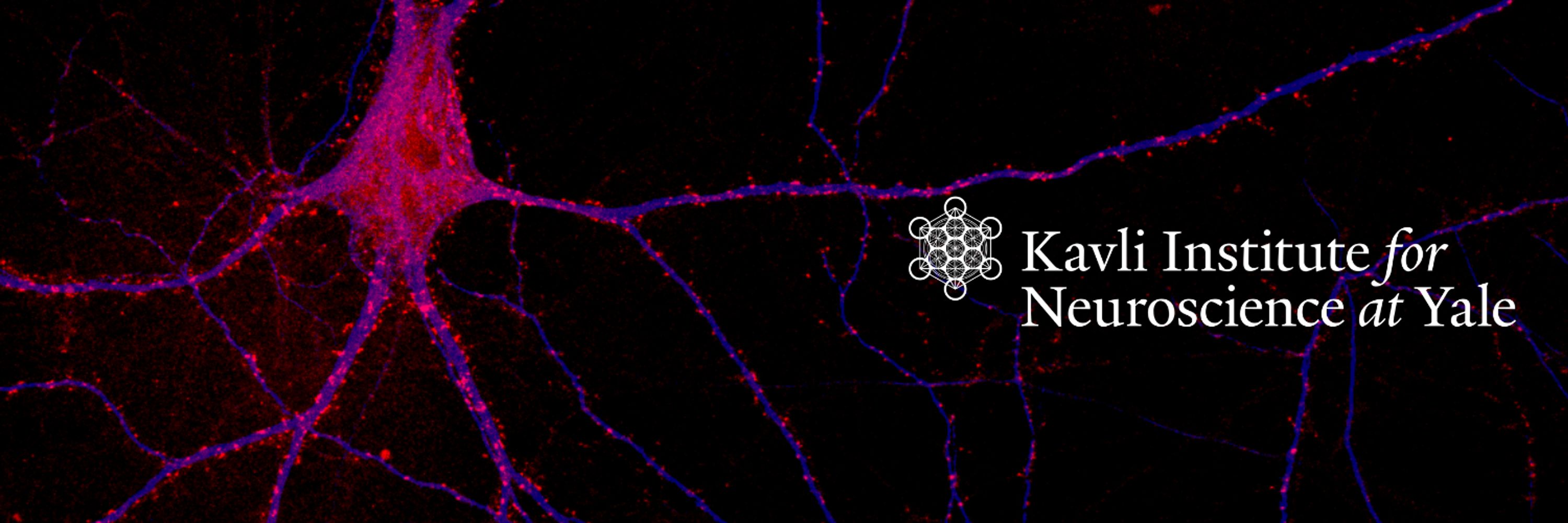Yale Kavli Institute for Neuroscience
@kavliatyale.bsky.social
770 followers
130 following
92 posts
We aim to understand how genes, molecules, cells, and neural circuits interact to give rise to brain development and behavior, and to apply this knowledge to advance treatments for brain disorders.
https://medicine.yale.edu/kavli/
Posts
Media
Videos
Starter Packs
Reposted by Yale Kavli Institute for Neuroscience
Reposted by Yale Kavli Institute for Neuroscience
Reposted by Yale Kavli Institute for Neuroscience
Reposted by Yale Kavli Institute for Neuroscience
Reposted by Yale Kavli Institute for Neuroscience
Reposted by Yale Kavli Institute for Neuroscience
Kathy Ayala
@kathy-ayala.bsky.social
· Aug 15

Associations between fetal movement and maternal-fetal attachment in late pregnancy
Maternal-fetal attachment (MFA) represents the evolving psychological bond between a pregnant person and their fetus, reflecting early emotional inves…
www.sciencedirect.com
Reposted by Yale Kavli Institute for Neuroscience
Reposted by Yale Kavli Institute for Neuroscience



















